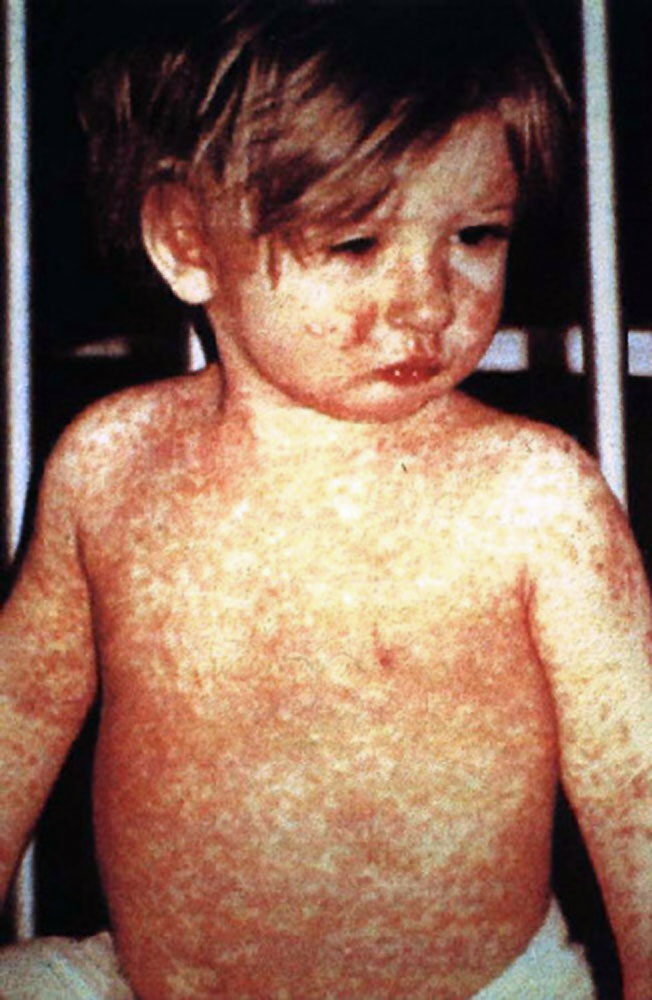Measles Outbreak Confirmed in Wonowon, Northern Health Issues Warning

PRINCE GEORGE, BC – Northern Health has confirmed an outbreak of measles in the remote community of Wonowon, located approximately 89 kilometers northwest of Fort St. John. The health authority reported multiple laboratory-confirmed cases of the highly contagious disease as of June 16, 2025. Initial investigations traced the first case to international travel, but health officials now assert that the virus has been circulating in the area since late May, prompting concerns about wider regional exposure.
The local health authority is advising residents of Wonowon and surrounding areas, including Fort St. John, to monitor for symptoms and seek immediate medical attention if they exhibit any signs of the disease. Notably, a potential exposure site was identified at the Fort St. John Hospital emergency room between midnight and 4 a.m. on June 2, 2025, raising alarm among local health officials regarding the potential spread of the virus.
Measles is acknowledged as one of the most contagious diseases, transmitting through respiratory droplets when an infected person coughs or sneezes. Symptoms typically manifest as a high fever, followed by cough, runny nose, and conjunctivitis, with a characteristic rash appearing several days later. According to Dr. Emily Richards, Chief Medical Officer at Northern Health, ‘The community must be vigilant. Measles can lead to serious complications, especially in young children and individuals with compromised immune systems.’
Health officials have emphasized the importance of vaccination as a critical measure in preventing outbreaks. According to the World Health Organization (WHO), measles vaccination is about 97% effective when two doses are administered, significantly reducing the risk of transmission and severe health outcomes.
The situation in Wonowon is reminiscent of previous measles outbreaks in British Columbia, notably the 2019 outbreak that resulted in multiple cases and raised public health concerns. In that instance, the province saw a resurgence of cases attributed to declining vaccination rates and misinformation regarding vaccine safety.
The current outbreak underscores the importance of public health initiatives aimed at increasing vaccination coverage. Dr. Sarah Thompson, a public health expert at the University of British Columbia, stresses the need for community engagement in vaccination campaigns. ‘It’s imperative that we address vaccine hesitancy through education and outreach,’ she stated. ‘Communities need to understand the risks associated with measles and the benefits of vaccination.’
As of now, Northern Health is coordinating with provincial health authorities to implement vaccination clinics in affected areas, aiming to curb the spread of the virus. The health authority is also exploring options for public awareness campaigns to inform residents about the outbreak and vaccination availability.
The implications of this outbreak extend beyond immediate health concerns; they also pose potential economic and social repercussions for the affected communities. Health officials anticipate increased healthcare costs associated with managing the outbreak and treating infected individuals.
The response from local community leaders has been supportive, with many urging residents to get vaccinated and adhere to health guidelines. Mayor John Smith of Fort St. John stated, ‘We must come together as a community to protect our health and support our healthcare providers during this challenging time.’
Looking forward, public health experts warn that without concerted efforts to improve vaccination rates, similar outbreaks could persist, threatening not only the health of the communities but also the stability of the healthcare system. The situation is evolving, and health authorities are working diligently to monitor cases and implement necessary interventions to safeguard public health.
Advertisement
Tags
Advertisement





